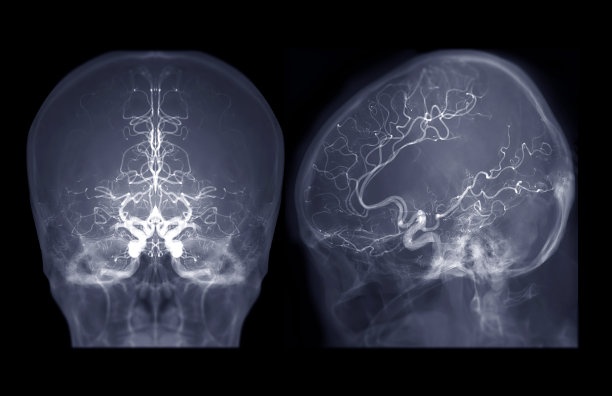Revolutionizing International Care for Cardiovascular Diseases
original:health91192025-02-19 11:51:15
Summary: Revolutionizing International Care for Cardiovascular Diseases is a groundbreaking approach that aims to transform the way cardiovascular conditions are diagnosed, treated, and managed on a
Summary: Revolutionizing International Care for Cardiovascular Diseases is a groundbreaking approach that aims to transform the way cardiovascular conditions are diagnosed, treated, and managed on a global scale. This article delves into the four key aspects of this revolution to provide a comprehensive overview of its impact and potential.
1. Innovative Technology Integration

Advancements in technology have paved the way for revolutionizing international care for cardiovascular diseases. The integration of artificial intelligence, wearable devices, and telemedicine allows for more efficient and precise diagnosis of cardiovascular conditions. Through remote monitoring and real-time data analysis, healthcare providers can deliver personalized treatment plans tailored to each patients unique needs.
Furthermore, the implementation of digital health records enables seamless coordination of care across international borders. Patients can access their medical information from anywhere in the world, ensuring continuity of care and reducing the risks associated with miscommunication or lack of information.
The use of virtual reality and augmented reality technologies also offers new opportunities for medical training and patient education. Healthcare professionals can enhance their skills through immersive simulations, while patients can better understand their conditions and treatment options through interactive visualizations.
2. Collaborative Global Partnerships
Revolutionizing international care for cardiovascular diseases relies on collaborative partnerships between healthcare organizations, governments, research institutions, and industry stakeholders. By fostering international cooperation and sharing best practices, advancements in cardiovascular care can be rapidly disseminated and implemented on a global scale.
Cross-border research initiatives and clinical trials facilitate the development of innovative therapies and treatment protocols. Multinational collaborations enhance the diversity and inclusivity of clinical studies, ensuring that new interventions are effective for diverse populations worldwide.
Moreover, public-private partnerships play a crucial role in driving investment and innovation in cardiovascular care. By aligning incentives and pooling resources, stakeholders can collectively address the challenges of cardiovascular diseases and improve outcomes for patients around the world.
3. Patient-Centered Care Approach
Central to the revolutionizing of international care for cardiovascular diseases is a shift towards a patient-centered care approach. Healthcare providers are increasingly focusing on holistic care that considers patients individual preferences, values, and cultural backgrounds.
Shared decision-making between patients and providers empowers individuals to actively participate in their care journey. By involving patients in treatment decisions and goal-setting, healthcare professionals can enhance treatment adherence and patient satisfaction, ultimately leading to improved health outcomes.
In addition, the adoption of patient-reported outcome measures allows for the assessment of the impact of cardiovascular interventions on patients quality of life. By capturing patients perspectives and experiences, healthcare providers can tailor interventions to better meet the needs and preferences of individual patients.
4. Data-Driven Population Health Management
Data-driven population health management plays a critical role in revolutionizing international care for cardiovascular diseases. By leveraging big data analytics and predictive modeling, healthcare systems can identify high-risk populations, predict disease trends, and implement targeted prevention strategies.
Population health dashboards provide healthcare providers and policymakers with real-time insights into disease prevalence, treatment outcomes, and resource allocation. By monitoring key performance indicators and tracking progress over time, stakeholders can make informed decisions to optimize healthcare delivery and improve population health.
Furthermore, interoperable data systems enable seamless data sharing and collaboration across borders. By standardizing data formats and protocols, healthcare systems can exchange information securely and efficiently, facilitating international research collaborations and knowledge sharing.

Summary:
Revolutionizing international care for cardiovascular diseases holds the promise of transforming the landscape of cardiovascular care on a global scale. By integrating innovative technologies, fostering collaborative partnerships, adopting a patient-centered care approach, and implementing data-driven population health strategies, healthcare systems can improve outcomes for patients worldwide and advance the fight against cardiovascular diseases.
This article is published by HEALTH9119 Medical Health Network https://www.health9199.com arrangement